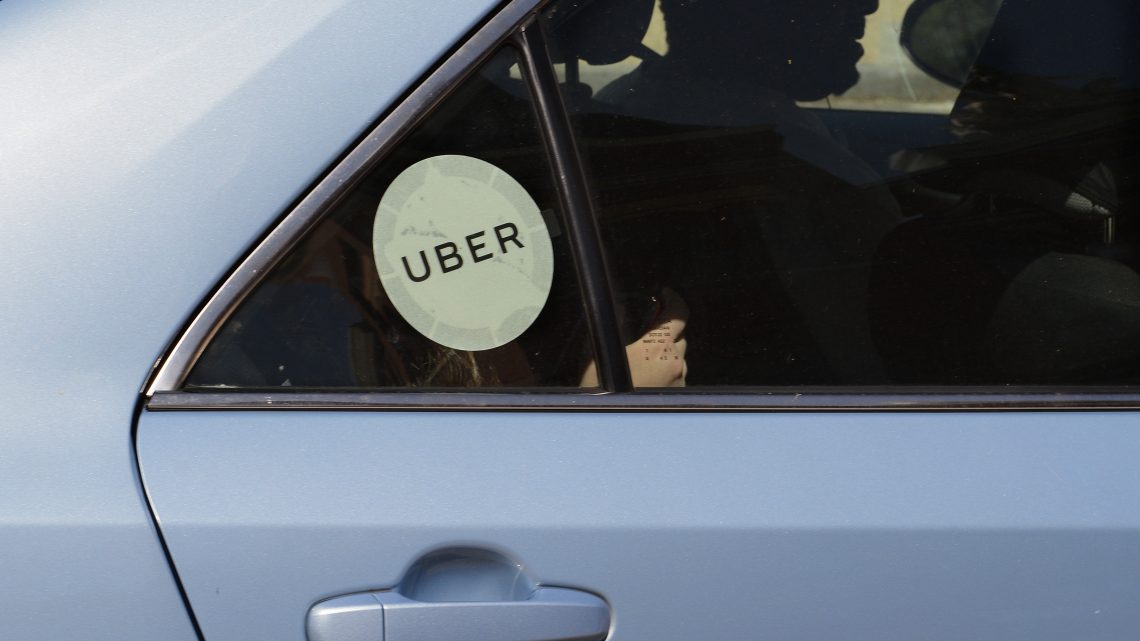
New Jersey Gives Uber a $650 Million Tax Bill and Says Drivers Are Employees
November 14, 2019New Jersey's Department of Labor has presented Uber with a $650 million bill in unemployment and disability taxes, claiming the company is misclassifying drivers as independent contractors.
For the past four years, New Jersey has been trying to pin Uber down for $54 million in overdue taxes, reports Bloomberg Law. This escalated to an audit last year conducted by the state labor department, which sent surveys to Uber and Lyft drivers asking about their work arrangements and tax status. The tax bill includes $523 million in past-due taxes and as much as $119 million in interest and penalties on the unpaid amounts.
“We are challenging this preliminary but incorrect determination, because drivers are independent contractors in New Jersey and elsewhere,” Uber spokeswoman Alix Anfang told Bloomberg Law.
The massive tax bill complicates Uber’s already impossible path to profitability. The company recently promised to become profitable by 2021 after a disappointing third-quarter earnings report. But the real danger lies in the increasingly popular argument that the company is misclassifying its drivers as independent contractors in order to keep Uber’s labor costs low. Gig economy workers across the United States and the world are fighting for a livable wage and dignified work—which could cost Uber billions if even minimally realized.
In California, the passage of Assembly Bill 5 (AB5) will help gig workers by reclassifying Uber and Lyft’s drivers as employees. The changes could cost Uber as much as $500 million, according to one Barclays analysis. New York City already has pay standards for Uber drivers, but Governor Andrew Cuomo recently signaled he wants the city to have its own version of AB5.
Other states will likely follow: Like California’s AB5, Massachusetts and New Jersey have strict tests for independent contractor classification, and Oregon and Washington have both fought similar battles over classification. Those developments could cost Uber—a company that has never made a profit—billions of additional dollars in labor costs.
New Jersey’s tax bill is limited to unemployment and disability taxes, but opens the door to Uber paying a minimum wage and overtime in the state. Uber is also facing or has faced multiple lawsuits from hundreds of thousands of drivers seeking restitution for earnings deductions, misclassification, unpaid benefits, and more. In other words, with New Jersey serving as a precedent, other drivers, cities, and states could find it much easier to make the case that drivers are misclassified—allowing them to seek back pay, unemployment and disability taxes, and benefits.
It’s hard to see how Uber can afford to add another few billion in labor costs to its business model. Then again, as Aaron Gordon explains at Jalopnik, Uber has never really had a business model, to begin with.
“Uber’s existence entirely relies on investors like Saudi Arabia to keep pumping money into its coffers because Uber does not and has never made a profit,” Gordon wrote. “It is, in the strictest sense of what we think business are, not a good one. So it relies on investors who are interested in things other than making money to keep it afloat.”
The difference between Uber peak private valuation and today’s valuation is around $75 billion. I don’t know about you, but if a company loses $75 billion in value, then maybe it shouldn’t exist.


